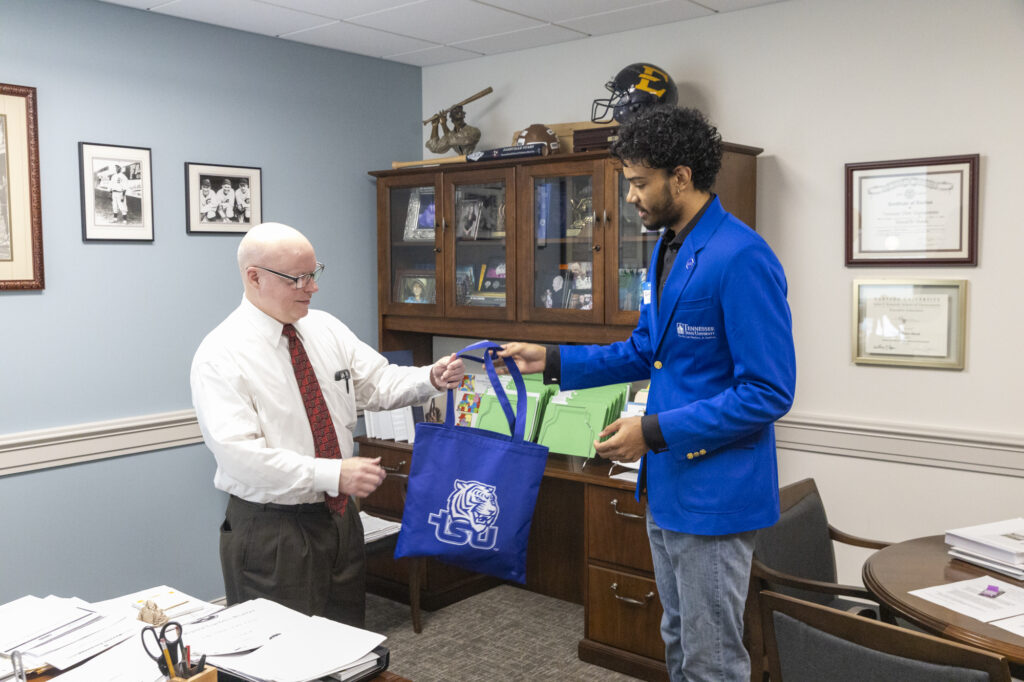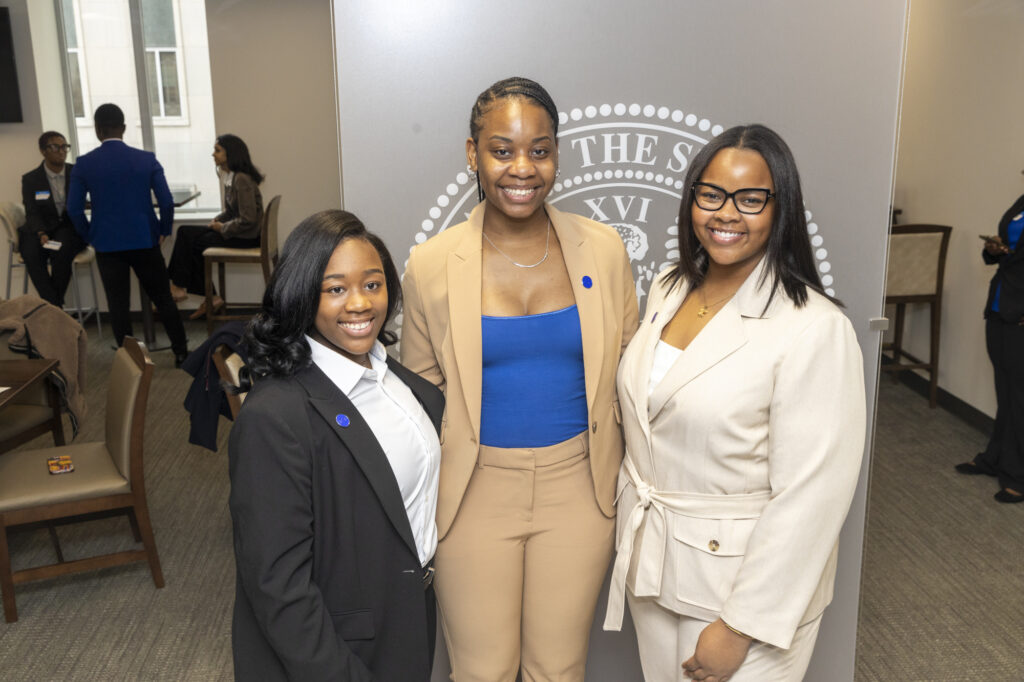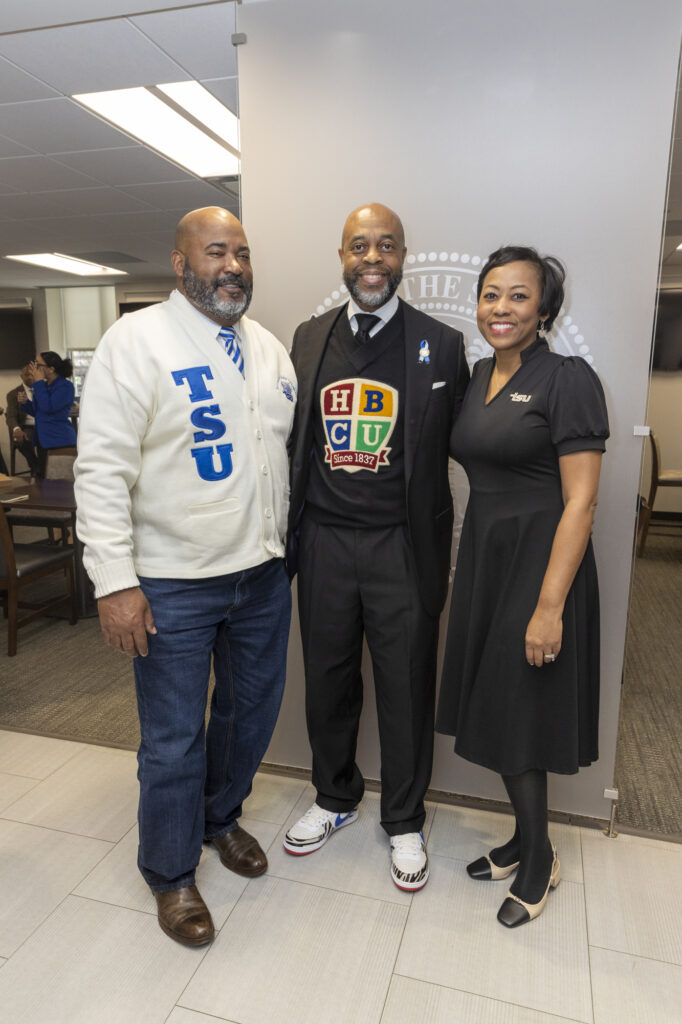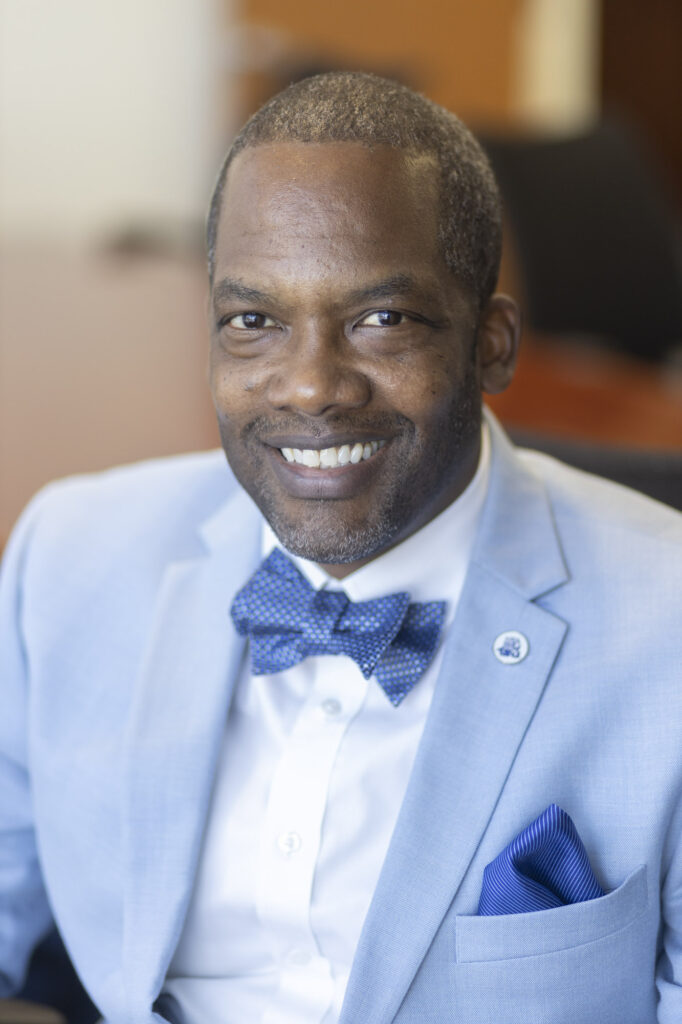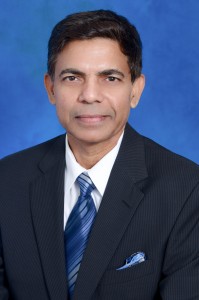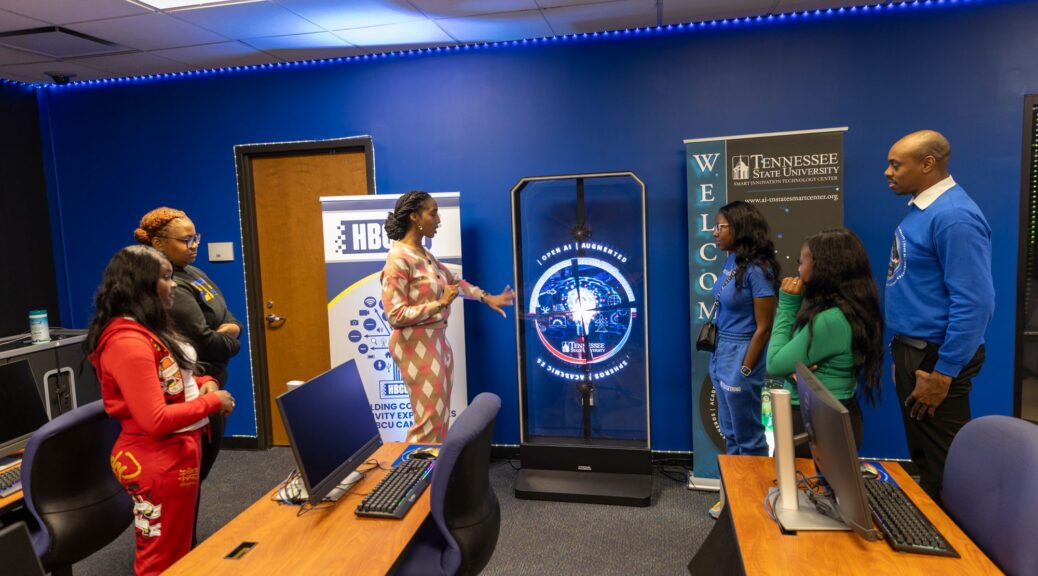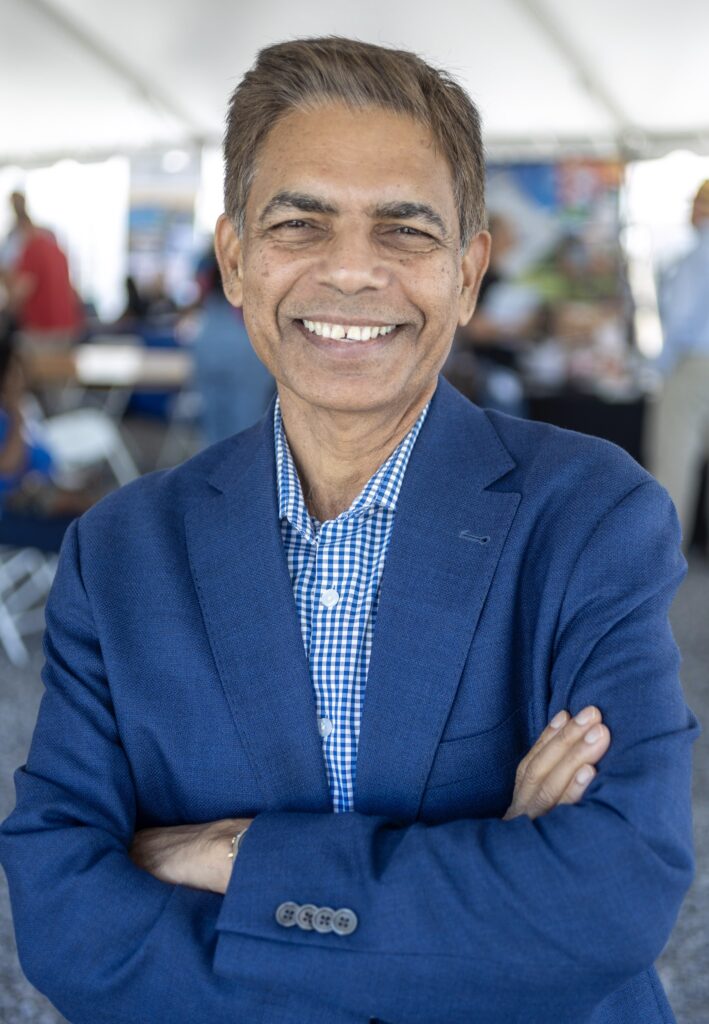By Julia C. Copeland
New partnership streamlines journey for future physician leaders
NASHVILLE, Tenn. (TSU News Service) – Tennessee State University (TSU) has partnered with Belmont University to create accelerated opportunities for gifted students pursuing careers in medicine. This collaboration between the Thomas F. Frist, Jr. College of Medicine and TSU’s College of Life and Physical Sciences establishes the Dr. Levi Watkins, Jr. Medical Accelerated Pathway Program, named for the distinguished TSU alumnus and pioneering cardiac surgeon who performed the first human implantation of an automatic defibrillator.

This seven-year pathway is designed to address the growing national physician shortage while increasing opportunities for underrepresented students in medicine. Participants will complete their Bachelor of Science degree in biology or chemistry at TSU in just three years before matriculating into Belmont’s Thomas F. Frist, Jr. College of Medicine, reducing the traditional timeline by one year.
“The Dr. Levi Watkins, Jr. Institute at Tennessee State University is extremely excited to partner with the Thomas F. Frist, Jr. College of Medicine at Belmont University to provide an accelerated pathway for talented students to become compassionate and competent physicians,” said Barbara Murrell, chair of the Dr. Levi Watkins, Jr. Institute. “Our students will benefit greatly from this partnership, gaining invaluable resources, mentorship and hands-on experiences that will prepare them for successful careers in medicine. We look forward to building on this collaboration and creating more opportunities for future health care leaders.”
To qualify, students must meet the criteria established by the medical school’s admissions committee by January of their final year at TSU. Successful students will receive conditional acceptance to Belmont’s medical program, ensuring a seamless transition to medical school.
“This innovative pathway embodies our commitment to cultivating diverse physician leaders who embrace a whole-person approach to healing,” said Dr. Karen Lewis, associate dean for Student Affairs and Belonging for the Thomas F. Frist, Jr. College of Medicine. “By partnering with TSU, we’re creating meaningful opportunities for talented students from underserved communities to pursue their medical dreams while addressing critical health care needs. Our goal is to educate physicians who will return to their communities, creating a lasting impact on health care access and equity.”
Led by Dr. Caleb Marsh, director of Pathway Programs and Recruitment at Belmont University, the comprehensive program features multiple support components designed to ensure student success, including a weeklong Thomas F. Frist, Jr. College of Medicine Familiarization Program prior to starting at TSU, clinical shadowing experiences, research opportunities through the Belmont Data Collaborative and structured MCAT preparation throughout the program.
This collaboration represents a significant step forward in addressing the national physician shortage while creating a sustainable pathway for diverse medical leaders committed to serving underserved communities. Through this partnership, both institutions are working to transform the future of health care in Tennessee and beyond.
This pathway program builds upon Belmont’s internal HEALs pathway for multiple health care-focused graduate programs, including medicine, and a recently announced medical school pathway with Lipscomb University.
To learn more about the Meharry Medical College/Tennessee State University Medical/Dental Accelerated Pathway Program, please visit https://www.tnstate.edu/watkins/.
About the Dr. Levi Watkins, Jr. Institute
The Dr. Levi Watkins, Jr. Institute, established by Tennessee State University, is named for a most distinguished graduate of the University, Dr. Levi Watkins, Jr., who became an outstanding physician, as a heart surgeon. He performed the first surgery to implant an automated cardioverter-defibrillator in a human patient in 1980. This surgery was a game changer in the field of cardiology. The device is still the first line of treatment and prophylactic therapy for patients at risk for sudden cardiac death due to ventricular fibrillation and ventricular tachycardia. For more information about the Dr. Levi Watkins, Jr. Institute, visit tnstate.edu/watkins.


